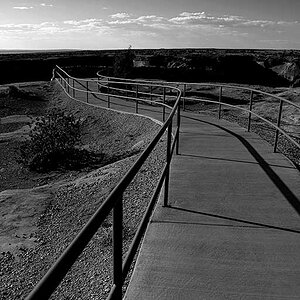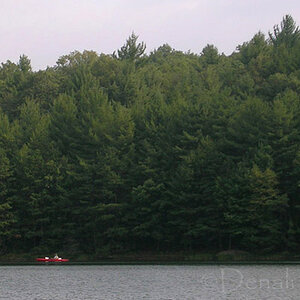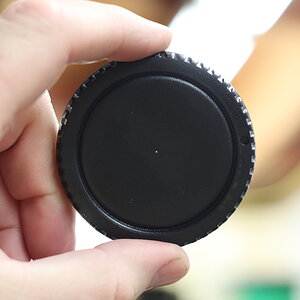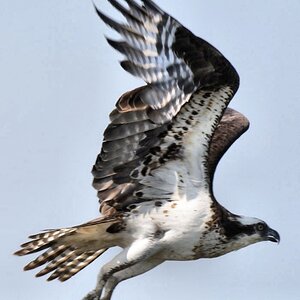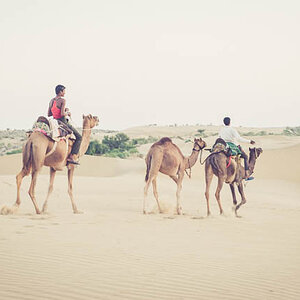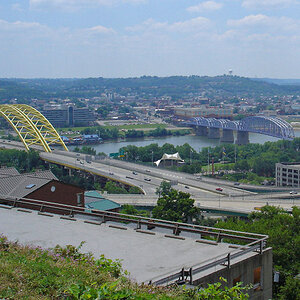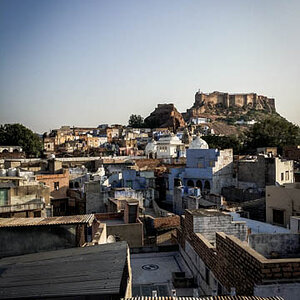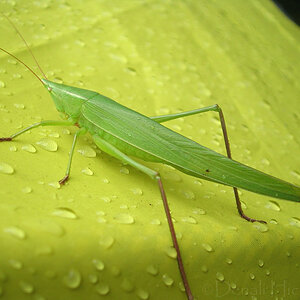I have a few thousand 35 mm slides and negatives from the 70's and 80's. I want to digitize most of them as there is a treasure trove of memories contained in the images. It appears my only real affordable option is to buy a Plustek 7600Ai slide scanner for almost $500. From the reviews, this scanner appears to do a decent job but it is manually fed and it is extremely slow. This leads me to my questions:
1 - What scan resolution is equivalent to the quality of the 12 megapixel images my Nikon D90 is capable of? It does make sense to scan the slides and negatives at a greater resolution as I am completely satisfied with the pictures I take with the D90.
2 - Why are slide scanners so incredibly slow when a good digital SLR can take a picture in the mid teen megapixels instantly?
3 - Is there a well designed system with calibrated light source for using a digital SLR, such as the D90, to digitize slides?
1 - What scan resolution is equivalent to the quality of the 12 megapixel images my Nikon D90 is capable of? It does make sense to scan the slides and negatives at a greater resolution as I am completely satisfied with the pictures I take with the D90.
2 - Why are slide scanners so incredibly slow when a good digital SLR can take a picture in the mid teen megapixels instantly?
3 - Is there a well designed system with calibrated light source for using a digital SLR, such as the D90, to digitize slides?


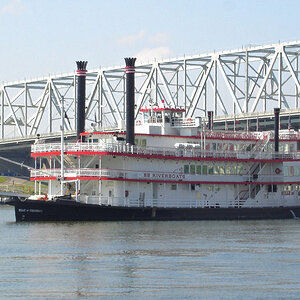
![[No title]](/data/xfmg/thumbnail/37/37930-501fdf314a05686acde53d9899f68091.jpg?1619738402)
